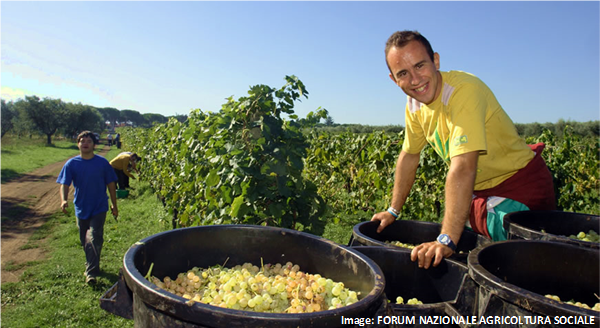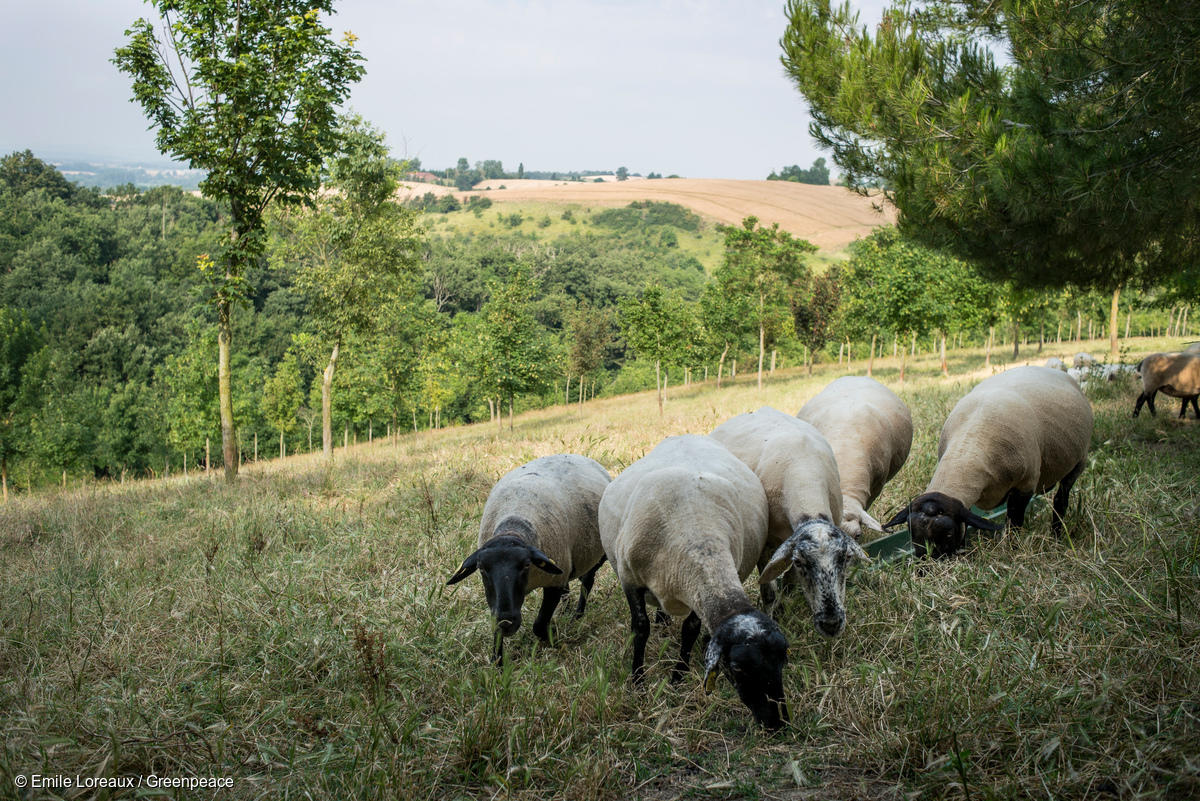- Soil Association
- Causes and campaigns
- Green Brexit Case Studies

Green Brexit Case Studies
Environmental Superpower?
We’ve heard repeatedly from the UK government that leaving the EU presents a once in a generation chance to become an ‘environmental superpower’, to deliver a so-called Green Brexit.
In order to achieve this vision, we must learn from and go further than our neighbours across Europe. These three case studies give a taste of what is being achieved today across Europe, and where we can go next.

Social agriculture in Italy
Italy has shown through its ‘social agriculture’ policy that food production can play an important role in linking local communities, and improve the mental and physical health of participants. These social farms are often linked to nature-friendly practices like organic farming, and can include hands-on activities on farms for both children and the elderly.

Social agriculture is flourishing in Italy; there are now 400 social agriculture cooperatives, in the region of Campania alone social agriculture employs 12,400 people, two-thirds of which are full-time and it engages more than 2,000 volunteers.
Social Agriculture aims to bring together needs, identities [and] freedoms for all citizens, regardless of their abilities […] the value of work is seen not only as an individual income source, but a founding element of a more just, more cohesive, sustainable and inclusive societyItalian Social Farming National Forum
The Italian Government has played a key role in supporting and promoting social agriculture, recognising its contribution to local communities and rural economies, enshrining it in law in 2015.
Many small-scale community farming projects in the UK integrate a social element to their enterprise, despite little government support. The Social Farms and Gardens project is one such project. The UK should match Italy, and give legal and financial backing to social agriculture initiatives, recognising their important role in promoting mental, emotional and physical wellbeing for people of all ages.

Agroforestry in France
Integrating trees and farming – or agroforestry – has faced multiple regulatory, cultural and financial hurdles in recent years across Europe. Across the different nations of the UK, despite ambition, there has been very little progress in increasing farm woodland cover in the last decade.

France, however, has addressed the problem head on, and they have had an agroforestry plan since 2017 which set a target for 50% of French farmers to practice agroforestry by 2025. This bold leadership has gone further than farm payments; it has encouraged knowledge exchange, farm advice and built market mechanisms to grow the sector.
The benefits of bringing trees onto farms are multiple, from carbon sequestration to animal welfare. UK governments must recognise this and deliver a coherent strategy to support the growth of the practice. The UK must build this supportive framework making agroforestry the positive choice for farmers.

Organic procurement in Denmark
The Danish Government has embraced organic food procurement. Their Organic Action Plan launched in 2012 and aimed to grow organic food consumption and production. This ambition has been strengthened by Copenhagen municipal authorities who looked to turn the city into an ‘eco-metropolis,’ with organic food at the centre. Today 90% of food in public catering is organic, and 20% of the total food consumed in the city is organic.
Boosting consumption of organic in public catering has had the benefit of doubling organic farmed area in Denmark in the last decade, today 10% of farmers and land area is organic.

The UK has some initiatives that bare similarity to the Danish experience, Soil Association’s own Food for Life scheme is one example, serving 2 million meal in public settings every day. However, in contrast to the Danish model, this and many other initiatives in the UK rely on charities and come at a cost to the caterers.
A National Food Strategy in the UK must draw the line between healthy sustainable food and organic or agroecological farming systems. Government must stop relying on charities to plug the gaps and, like Denmark, should fund training for catering staff to transition. A target for organic procurement would have multiple benefits for UK food, farming and environment; we must make it the affordable choice to put good food on the public plate.
